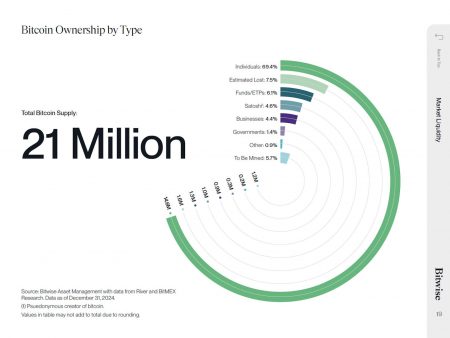According to a local media report, Arkansas County in the United States is currently embroiled in a contentious battle with Jones Digital, the owner of a newly established cryptocurrency mining operation near the city of DeWitt.
The conflict has intensified as a lawsuit looms in federal court. The legal action is driven by local concerns about noise, energy use and potential environmental damage.
Local reaction leads to legal confrontation
The conflict erupted when Jones Digital announced its plan to establish a cryptocurrency mine outside of DeWitt in July.
The proposal for a new crypto mining facility has sparked significant local opposition. Residents are concerned about potential environmental and infrastructure impacts, such as on the power grid, water use and the region’s agricultural economy.
Business owners and residents argue that crypto mining companies, unlike other local businesses, benefit from tax breaks and less strict regulations. This tension has led to a petition against cryptocurrencies.
The local government responded by tightening a noise ordinance specifically targeting cryptocurrencies in October. In response to this decision, Jones Digital escalated its battle with Arkansas County on November 1 by launching a legal challenge.
National problem
The situation involving Jones Digital and Arkansas County is part of a broader pattern in the United States, where local communities and states face the challenges posed by cryptocurrency mining operations. In New York, for example, the Greenidge Generation crypto mining facility became a focal point in state and national debates over the environmental impact of mining companies. This led to New York passing legislation specifically targeting companies like Greenidge.
On the West Coast, in states such as Oregon and Washington, legislative efforts to regulate carbon emissions related to crypto mining and data centers have followed divergent paths. Washington successfully passed a bill requiring rural utility districts to reduce emissions from their electricity purchases. However, a similar bill in Oregon faced opposition and ultimately failed.
























